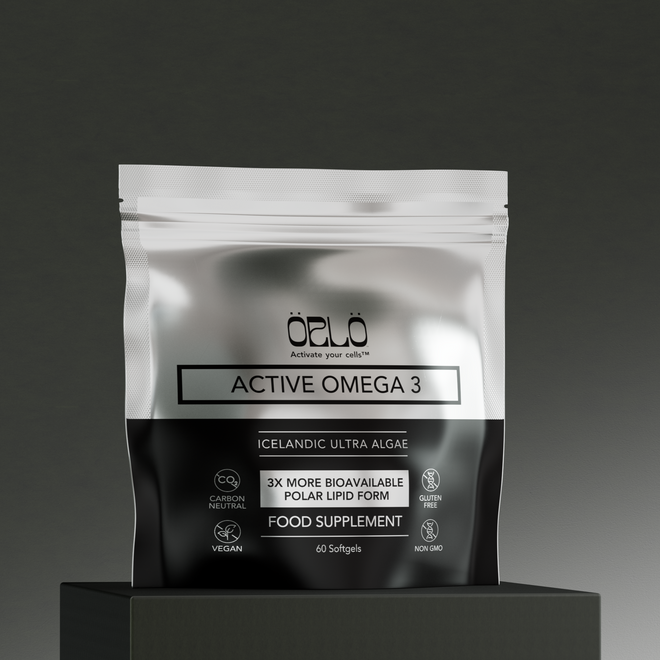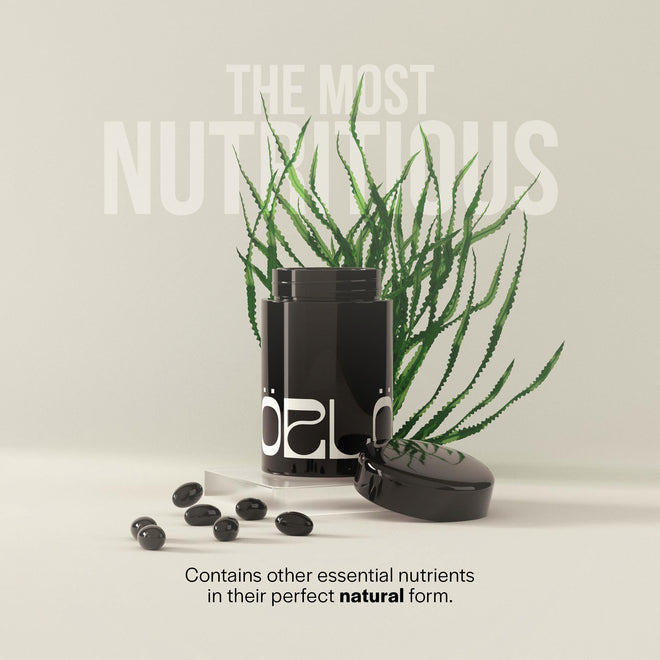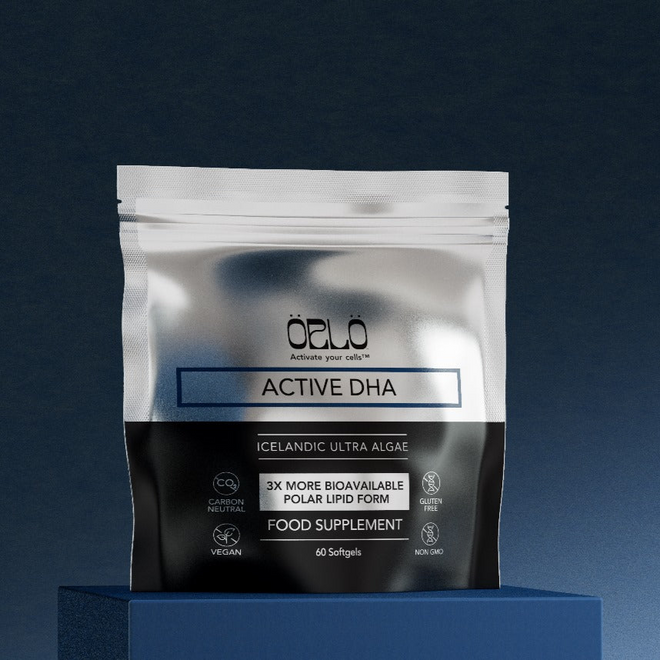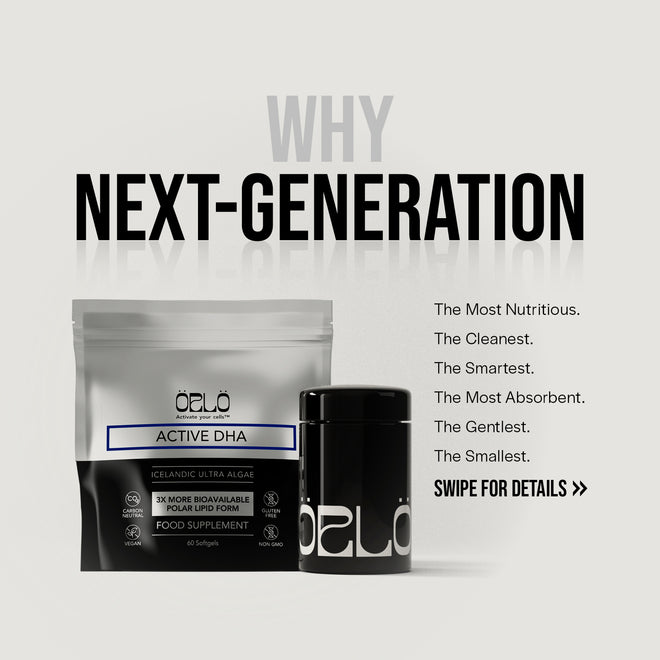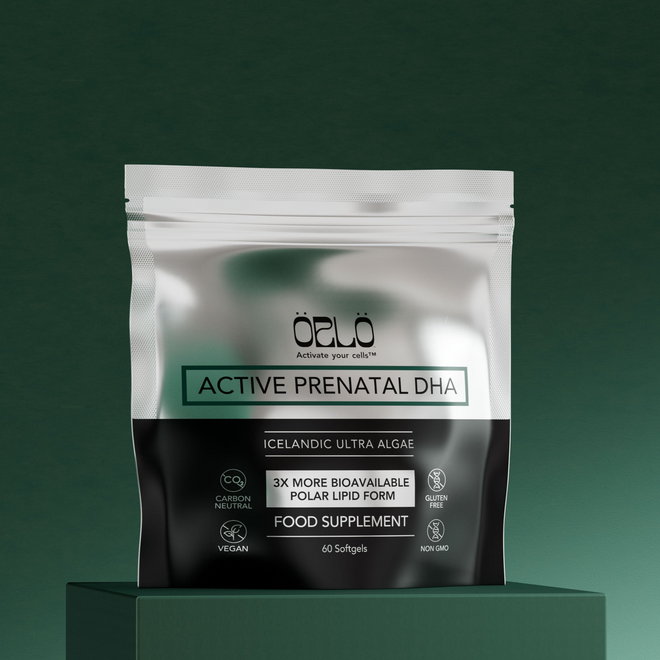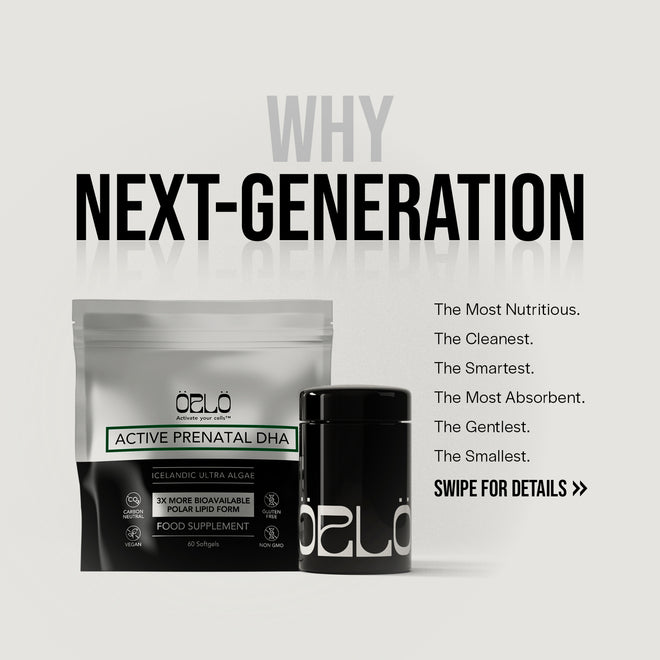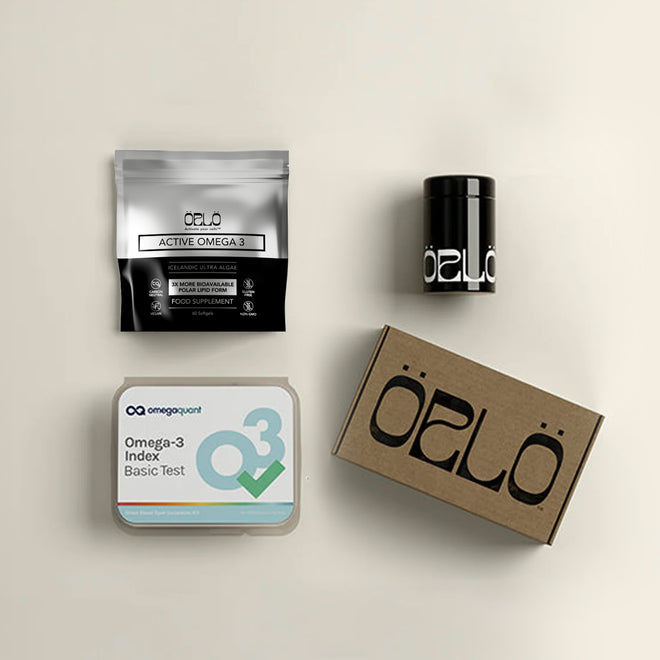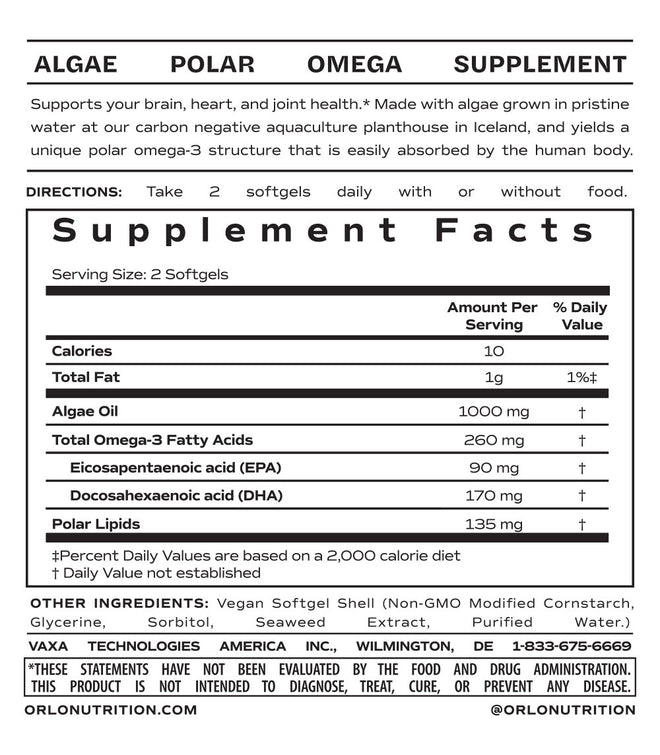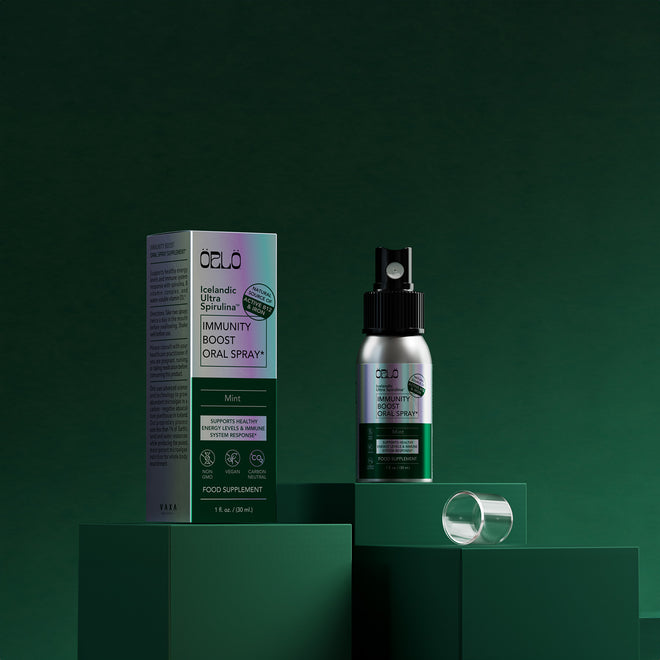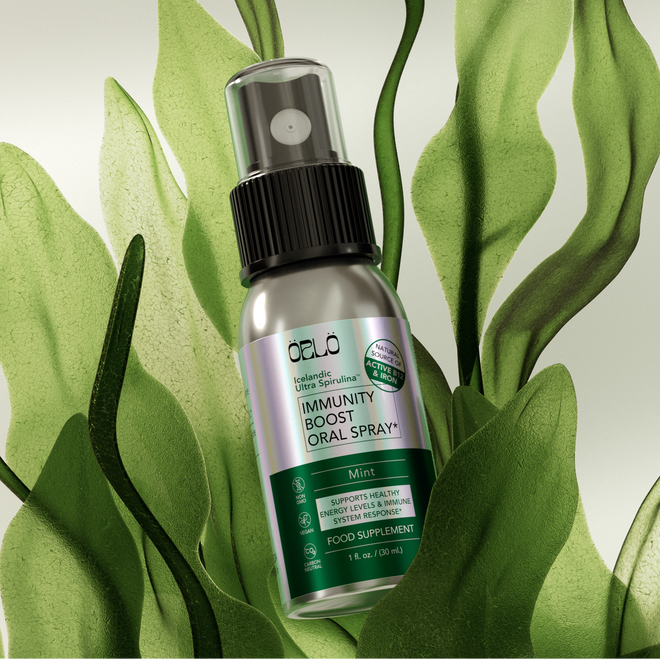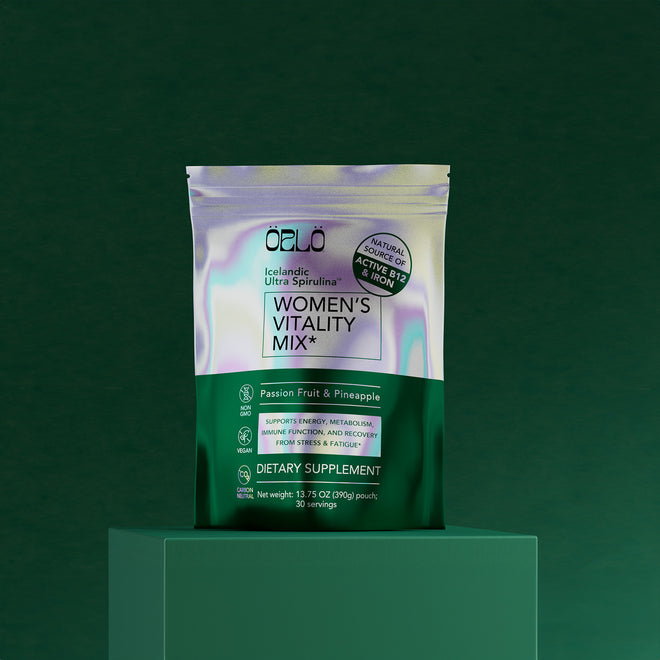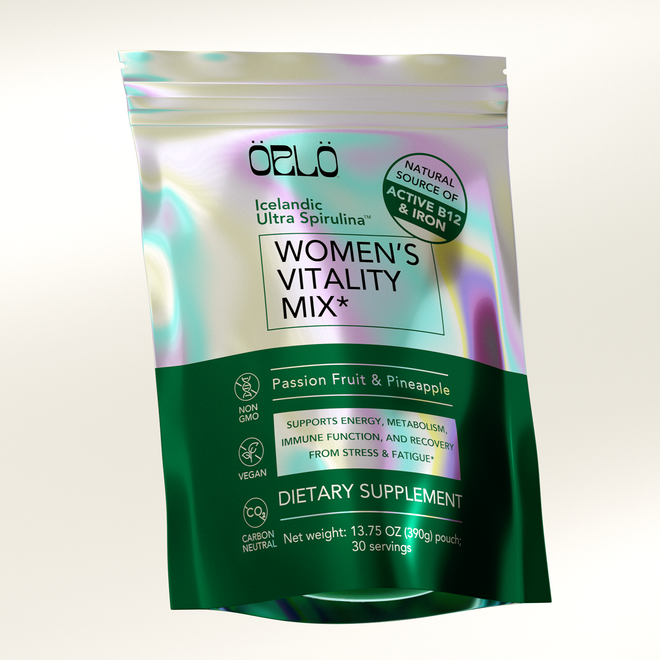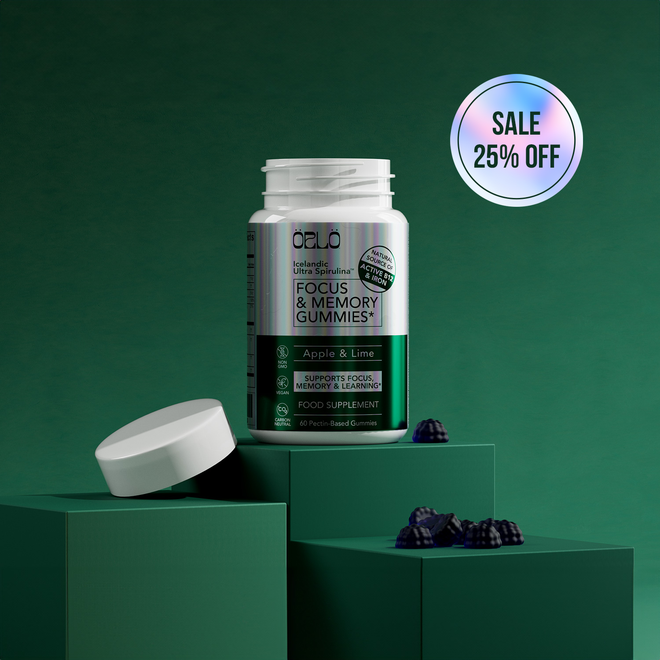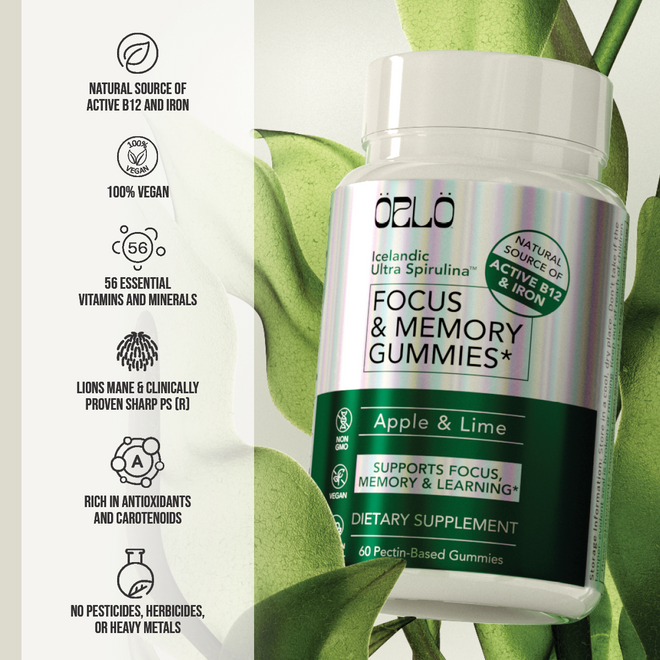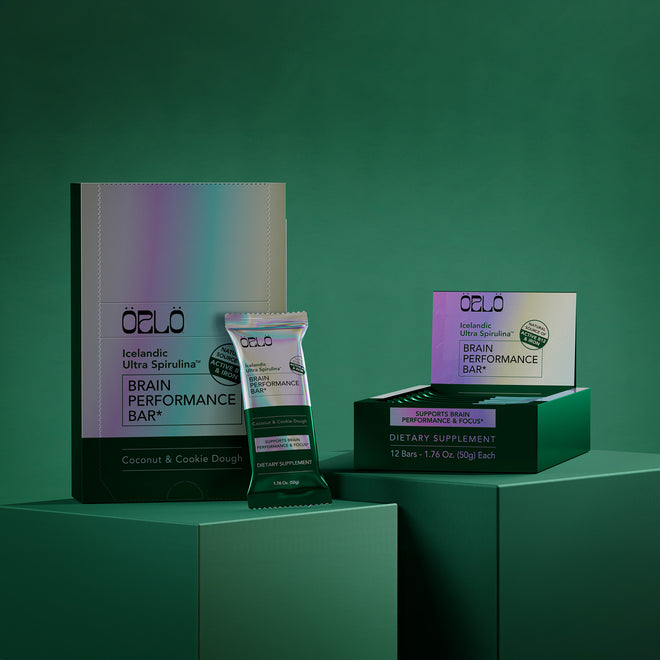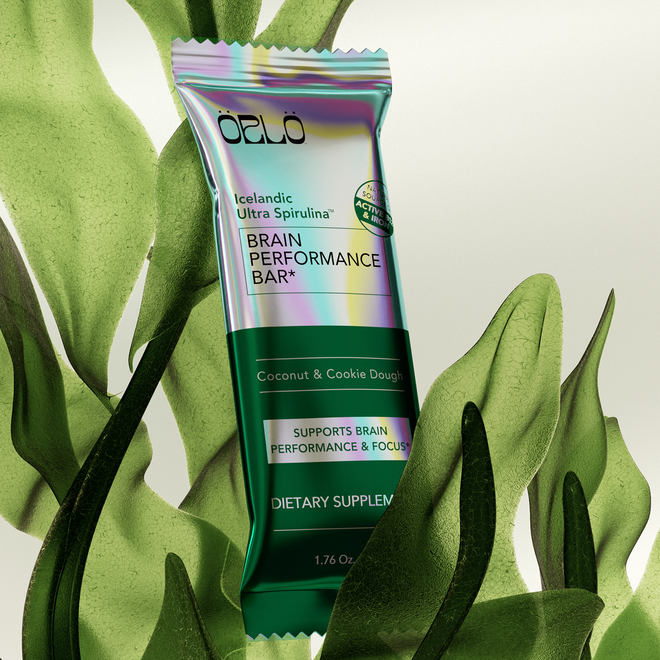Free shipping on purchases over $69
Vitamin D3 and Bone Health, A Complex Nutrient Story
Today we’re going to dive into some less-than-positive news that you may have seen about Vitamin D as it relates to bone health. The press resulted from an analysis of data from a study that was designed to ascertain whether vitamin D and omega-3 address different health concerns – not related to bone health. So what does this new research really mean and what should you do with that information?
The VITamin D and Omega-3 TriAL (VITAL) is an ongoing randomized clinical trial with almost 26,000 US men and women participants that seeks to answer questions about whether taking daily supplements of 2,000 IU vitamin D3 or 1 gram omega-3 fatty acids from fish oil reduces the risk of cancer, heart disease, or stroke in people who do not have a prior history of these illnesses.
In prior years, Dr. JoAnn Manson, and Julie Buring had already published results that relate to cancer and cardiovascular disease with some promising results, but at the end of July 2022, ancillary findings were published specific to whether vitamin D3 reduces the risk of bone fractures. This is an ancillary study – which means the researchers that published this finding took data from the VITAL trial to analyze whether it had a different effect in the same population. Their findings were published in The New England Journal of Medicine on July 28, 2022.
What are ancillary studies in clinical trials?
Ancillary studies involve the collection or derivation of data for purposes that are separate from the main trial. They are becoming increasingly popular, especially with large clinical studies, like the VITAL trial. The VITAL trial even has an application button on their site which encourages researchers to suggest and propose ancillary study topics.
What were the results of this ancillary study?The results suggest that healthy adults without pre-existing bone health issues did not experience a lower risk of fractures when consuming 2,000 IU of vitamin D3 every day.
In the face of the negative results, it’s not surprising that an in-depth article and review of findings was published in the New York Times. And let me just say this. Media outlets love to share the bad news as it relates to supplements. The headline reads: Study Finds Another Condition That Vitamin D Pills Do Not Help by Gina Kolata.
But how could this be? If vitamin D helps you absorb calcium, why might your bones not be any stronger than those who don’t consume it? The answer is perhaps as complex as your diet and digestion.
As I teased through the study results and the New York Times article, I thought about why these results would be seen, and I also thought about what I know about how vitamin D works in the body to build healthy bones. Here’s why I think the VITAL study’s findings aren’t entirely surprising.
- Vitamin D3 helps your body absorb calcium. It doesn’t necessarily tell that calcium where it needs to go (bones and teeth) to help build strong bones.
- Your body needs sufficient stores of other key nutrients to build healthy bones including: vitamin C, iron, vitamin K2.
- The study doesn’t analyze the individual’s store of bone remodeling nutrients including fat soluble vitamins A, D, and K.
For a deeper dive into why vitamins A, D, and K are all needed to create healthy bones while also keeping your soft tissues clear of inordinate amounts of calcium, I’ll draw your attention to a book by Kate Rheume Bleu, B.Sc., ND titled Vitamin K2 and the Calcium Paradox: How a Little-Known Vitamin Could Save Your Life.
This book specifically focuses on trying to understand why the French Paradox exists. Why can French people who take long leisurely lunches, consume a lot of saturated fats and red wine continue to have strong bones and great heart health? She argues it’s not the resveratrol in their wine, but rather the presence of a fair amount of vitamin K2, the most bioavailable form of vitamin K. Vitamin K2 exists in really high levels in fermented foods like brie or Gouda cheeses – and also in a vegan source, Natto. Natto has even been commercialized as a vitamin K2 ingredient by Nattopharma, who produce the menaquinone 7 version of this powerful vitamin. Research has demonstrated that this particular nutrient is powerful in helping build strong bones and joints.
Vitamin K2 acts like the traffic cop that resides in soft tissues, telling calcium not to get over-deposited in soft tissues. It directs the calcium to bones and teeth.
All vitamin D does is help your body absorb calcium, but without enough Vitamin K – your body doesn’t have proper instructions for where to send that calcium. Calcium is needed by your muscles. It helps them contract, and Magnesium helps them relax. Calcium and magnesium work together in our muscles, and their balance also affects bone health! Some research has even shown that consuming magnesium supports bone health too!
So let’s all wear our critical hats when we see scientific research like this particular ancillary study, and the tantalizing headline in this New York Times piece. None of our body’s exists in a vacuum. Nutrition is complex. Getting a varied, well balanced diet is critical for long-term health, and moving in a reductionist perspective in which we seek to build a model where a nutrient is a magic bullet is truly nonsensical.
Supplements are not drugs. They are meant to supplement a healthy diet. If you don’t have the proper balance of nutrients, the supplement on its own isn’t going to solve your health challenges.
Should I stop taking vitamin D3 supplements?
The short answer is no. Do I consume Vitamin D3 every day? Yes. Do I also make sure I get enough vitamins A, K2, Calcium and Magnesium? Yes.
Do I believe as the article suggests that we should simply throw our our vitamin D3 supplementation regimen? No. Absolutely not.
Are Vitamin D3 levels unimportant in light of this research? No. Again, this is because consuming more vitamin D3, and having higher levels of vitamin D3 in one’s body is positively associated with longevity, a healthy immune system, and more. But what I do think this study helps reveal is simple. We all need to look at our whole diet, and our whole nutrient mix as we build our healthiest possible futures.
And if you take a vitamin D3 supplement, it would behoove you to make sure you consume plenty of green leafy vegetables too. They have naturally high levels of vitamin K1 and also minerals like calcium and iron. Make sure you consume fruits and vegetables, so you have enough vitamin C in your system. Vitamin C helps you build flexible bones that can bend instead of breaking.
Nutrition is complex, and having a healthy balance of a wide variety of foods is critical. Strive to eat a rainbow of colors each day, and a wide variety of foods each week with a few core supplements and your body will have the tools it needs to support itself one day at a time.
I will be sure to include links to the VITAL study, the ancillary research publications referenced in this podcast and the New York Times article referenced on the blog page which you’ll find by visiting https://orlonutrition.com.
And I’ll also include links to promising research on Vitamin D3 including Dr. Kate Rheume Bleu’s book, Vitamin K2 and The Calcium Paradox. It’s important at times like this that we remain vigilant, think deeply, and not simply dispel our faith in great supplemental products that can truly safeguard health. I’ll even include a link to another favorite book on Vitamin K2. It’s called Vitamin K2: The Missing Nutrient for Heart and Bone Health by Dennis Goodman, MD.
Before we wrap today’s episode, I’d like to invite you to learn more about vitamin D3 as it relates to immune health. Orlo Nutrition has released an Immunity Boost product which combines a water-soluble form of vitamin D3 along with ultra spirulina and an array of B-vitamins to support your immune system. It’s a simple formula that you spray directly in your mouth each day. And it’s here just in time for back-to-school and the upcoming cold and flu season.
And Remember, listeners of Nutrition Without Compromise receive an extra 10% off your order by using the coupon code NWC10 at checkout. This can mean up to 25% off your first order!
If you have questions about the content covered today, please send me an email note to hello@orlonutrition.com, or you can reach out on social channels @orlonutrition. We are here to help you navigate your health journey every day, and while we cannot offer specific health advice, we are always happy to point you in the right direction. Sometimes, that may be to a book we love, an article we read, or even resources on our site, orlonutrition.com.
Follow us on social channels @orlonutrition – and remember to rate, review, and subscribe to Nutrition Without Compromise on your favorite podcasting platform.
Join me now as I raise my cup and say my parting words. Here’s to your health!
REFERENCES:
-
Study Finds Another Condition That Vitamin D Pills Do Not Help by Gina Kolata
https://www.nytimes.com/2022/07/27/health/vitamin-d-bone-fractures.html - VITAL Study Website: https://www.vitalstudy.org/index.html
- VITAL Ancillary Study On Supplemental Vitamin D3: https://www.nejm.org/doi/full/10.1056/NEJMoa2202106
- Vitamin K2 and the Calcium Paradox: How a Little-Known Vitamin Could Save Your Life by Kate Rheume Bleu: https://www.amazon.com/Vitamin-K2-Calcium-Paradox-Little-Known/dp/0062320041?asin=1118065727&revisionId=&format=4&depth=1
- Vitamin K2: The Missing Nutrient for Heart and Bone Health by Dennis Goodman, MD https://www.amazon.com/Vitamin-K2-Missing-Nutrient-Health/dp/149697087X/ref=pd_lpo_1?pd_rd_i=149697087X&psc=1

